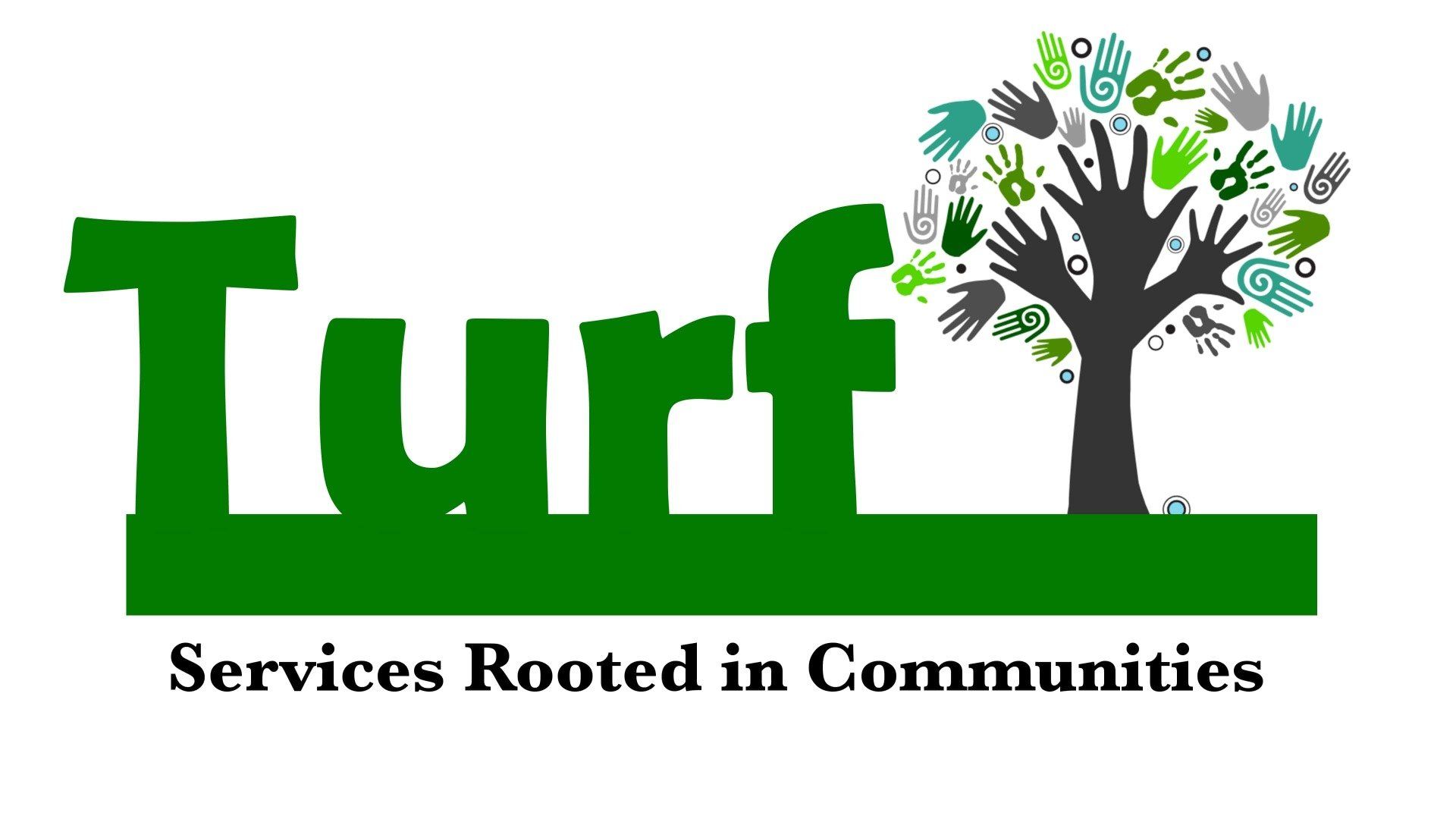Community Learning and Development
Simple and Powerful
Self-determination
Self-determination is the individuals right to decide which path they take through life.
In CLD this means creating opportunities to make decisions big or small and finding the information and support to make decisions.
Inclusion
Inclusion is belonging to part of a larger group or community.
In CLD this means reducing barriers, creating opportunities and creating an inclusive environment.
Empowerment
Empowerment is the process of becoming stronger, more confident and able to make decisions and claim rights.
In CLD this means creating opportunities and supporting journeys through the process.
Working collaboratively
Working as harmoniously as possible with others.
It is essential to CLD as it promotes co-operation, creates opportunities and provides resources and knowledge greater than the individuals.
Promotion of lifelong learning
Learning as an activity pursued at every stage of life and in many forms.
It is essential in CLD as it is the belief that anyone at any time is capable of improving their lives through learning.
"By three methods we may learn wisdom: First, by reflection, which is noblest; Second, by imitation, which is easiest; and third by experience, which is the bitterest." -Confucius
Reflection is a tool that we can use to examine initial judgments, take stock, identify gaps and help us plan for the future. Reflection is not just about writing what happened, it is thinking about what happened, why it happened and what can be done to make it happen again or stop it from happening again.
Any community action starts here.
Quick Quiz-
Grab a pen and paper and write down all the skills/abilities the people in your group posses.
How are they using them?
What other things could they do with these skills?
How could they be supported by you?
Stereotypes effect the lens through which we see the world if even subconscious. In part stereotypes are just how we categorise the world like if you said dogs have four legs well that's a stereotype but not a bad one.
Stereotypes become corrosive when they are applied to groups of people with little or no reasoning behind the assumption.
This can result in self-fulfilling prophecies within the group because if your constantly told to be a fish why would you ever consider flying.
It's important to identify stereotypes we believe and actively challenge them in ourselves and others in order to tackle the inequality they cause.(Thomson,2012)
Asset based approach-
The asset based community development approach (Kretzman and McKnight, 2004) is the idea that when working with a community you should first find out what assets they already have and use these as the foundation of any project. This helps projects remain sustainable and provides a foundation that skills can be built off of. This is driven by strengths, opportunities and the internal issues within the community. This can lead to capacity for a community to create its own solutions.
The asset based approach is also the opposite to the deficit based approach wherein a worker or organisation looks at the skills and abilities people don't have without consideration for the ones they do. It is driven by needs, problems and often external issues within the community. This can lead to dependency over capacity.
Dis-empowerment
Reducing or removing a persons ability or right to make choices
Dis-empowerment can be caused by a a lack of access to information or knowledge and representation. It can also mean a person finding themselves in a situation where their opinions are devalued, their status gone and their self-esteem with it.
This can have an effect on personal identity and mental health.
Scapegoating
A target for blame, aggression, avoidance or ridicule usually without reason.
People who are scapegoated are usually from marginalised communities, minorities or are otherwise unlikely to defend themselves. They are given blame for issues they may have no involvement with and are perceived as different. One reason scapegoats can fail to defend themselves is because they have come to expect mistreatment or because it could lead to violence.
Read more
Scapegoating is frequently used in politics in order to shift blame away from the culprits and to provide an easy solution to a complex issue.
Marginalisation
A group or individual who is denied the ability to fully participate in society.
Many groups function on the edge of society, not having full access to the resources available to other groups of people. This changes their life chances and status within society. Most marginalised groups are minorities but women can also be included.
Read more
Marganlised groups are underrepresented, disadvantaged and oppressed. (Thomson,2012)
"The challenge of social justice is to evoke a sense of community that we need to make our nation a better place, just as we make it a safer place."-Marian Wright Edelman
For the section on discrimination, laws and policies.
